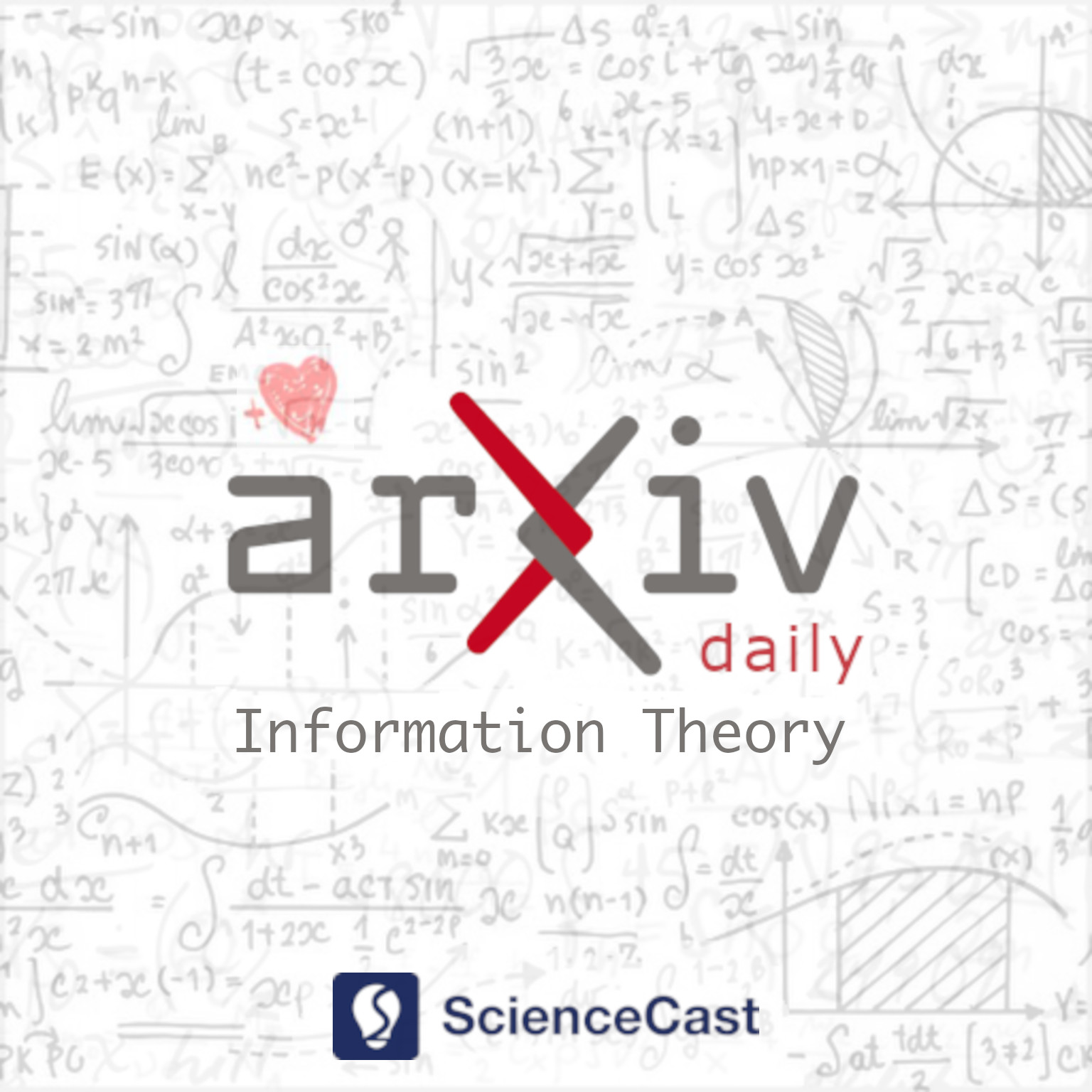
Information Theory (cs.IT)
Thu, 13 Apr 2023
1.How Practical Phase-shift Errors Affect Beamforming of Reconfigurable Intelligent Surface?
Authors:Jun Yang, Yijian Chen, Yijun Cui, Qingqing Wu, Jianwu Dou, Yuxin Wang
Abstract: Reconfigurable intelligent surface (RIS) is a new technique that is able to manipulate the wireless environment smartly and has been exploited for assisting the wireless communications, especially at high frequency band. However, it suffers from hardware impairments (HWIs) in practical designs, which inevitably degrades its performance and thus limits its full potential. To address this practical issue, we first propose a new RIS reflection model involving phase-shift errors, which is then verified by the measurement results from field trials. With this beamforming model, various phase-shift errors caused by different HWIs can be analyzed. The phase-shift errors are classified into three categories: (1) globally independent and identically distributed errors, (2) grouped independent and identically distributed errors and (3) grouped fixed errors. The impact of typical HWIs, including frequency mismatch, PIN diode failures and panel deformation, on RIS beamforming ability are studied with the theoretical model and are compared with numerical results. The impact of frequency mismatch are discussed separately for narrow-band and wide-band beamforming. Finally, useful insights and guidelines on the RIS design and its deployment are highlighted for practical wireless systems.
2.Non-Orthogonal Multiplexing in the FBL Regime Enhances Physical Layer Security with Deception
Authors:Bin Han, Yao Zhu, Anke Schmeink, Hans D. Schotten
Abstract: We propose a new security framework for physical layer security (PLS) in the finite blocklength (FBL) regime that incorporates deception technology, allowing for active countermeasures against potential eavesdroppers. Using a symmetric block cipher and power-domain non-orthogonal multiplexing (NOM), our approach is able to achieve high secured reliability while effectively deceiving the eavesdropper, and can benefit from increased transmission power. This work represents a promising direction for future research in PLS with deception technology.
3.Linear Codes over $\mathfrak{R}^{s,m}=\sum\limits_{ς=1}^{m} v_{m}^{ς-1}\mathcal{A}_{m-1}$, with $v_{m}^{m}=v_{m}$
Authors:Mouna. Malki, Karima. Chatouh
Abstract: The main objective of this paper is to extend the previously defined code family over the ring $\mathfrak{R}=\sum\limits_{s=0}^{4} v_{5}^{s} \mathcal{A}_{4}$ to $\mathfrak{R}^{s,m}=\sum\limits_{\varsigma=1}^{m} v_{m}^{\varsigma-1}\mathcal{A}_{m-1}$, and propose an expanded framework for its implementation in coding theory, and to derive additional properties from this generalized code family, including the construction of cyclic and quasi-cyclic codes. Furthermore, we will present specific applications of this extended code family.